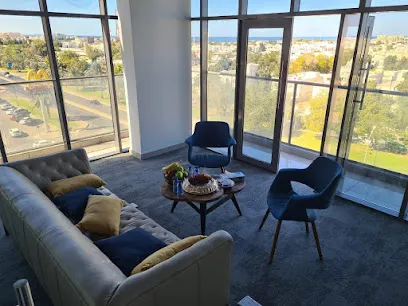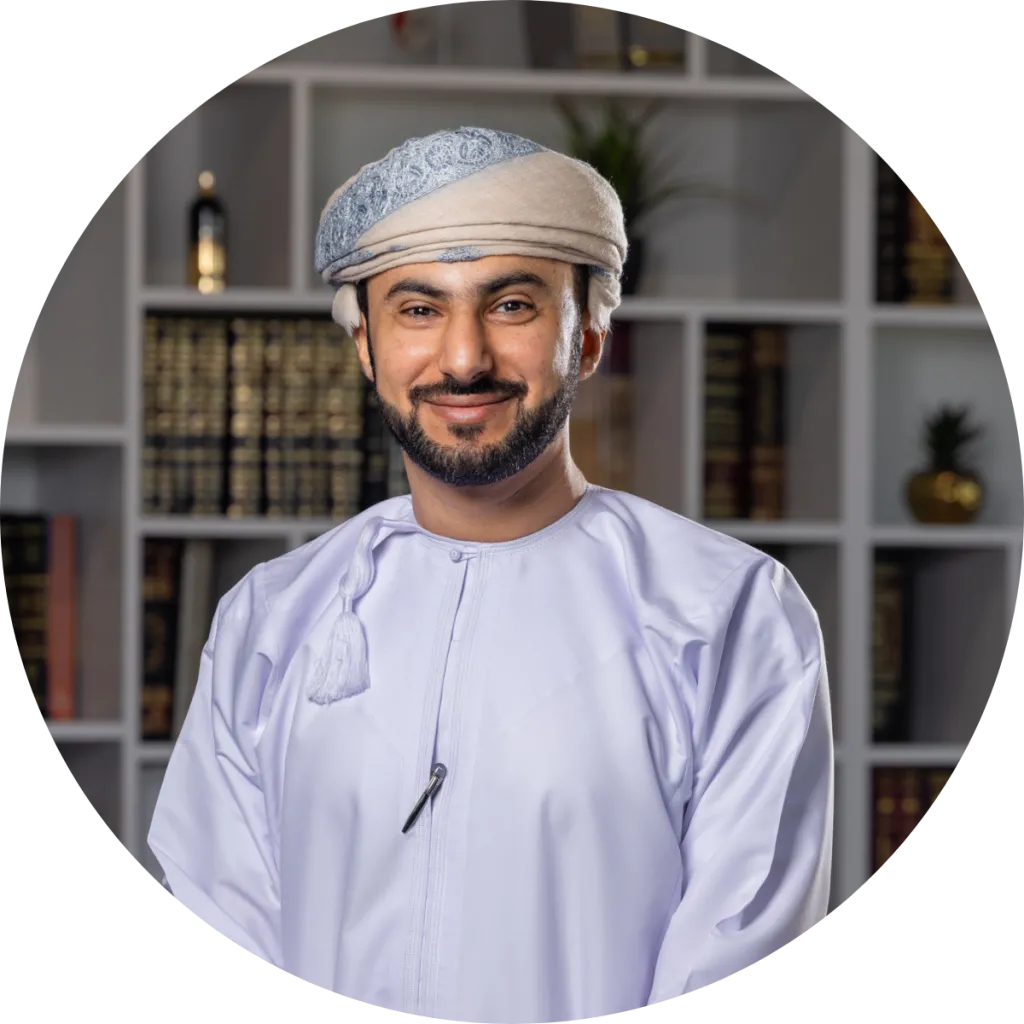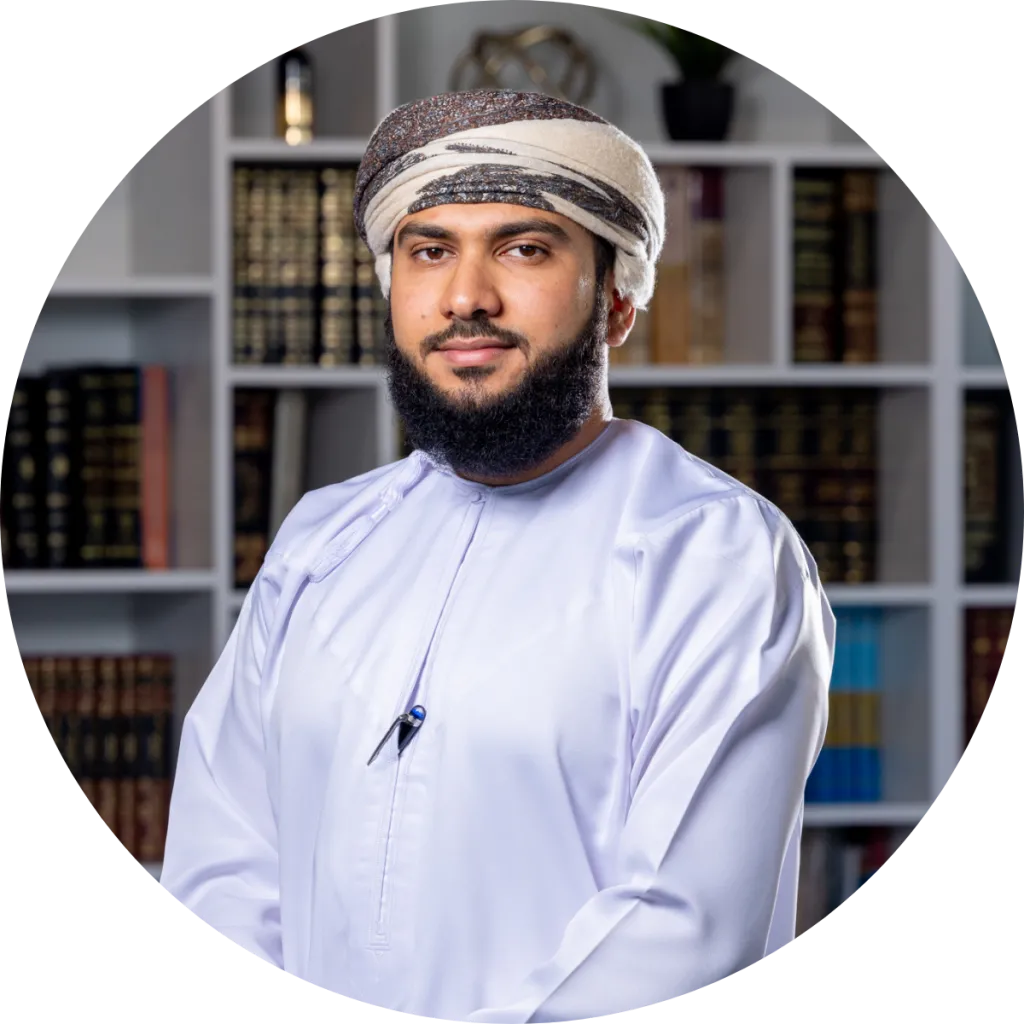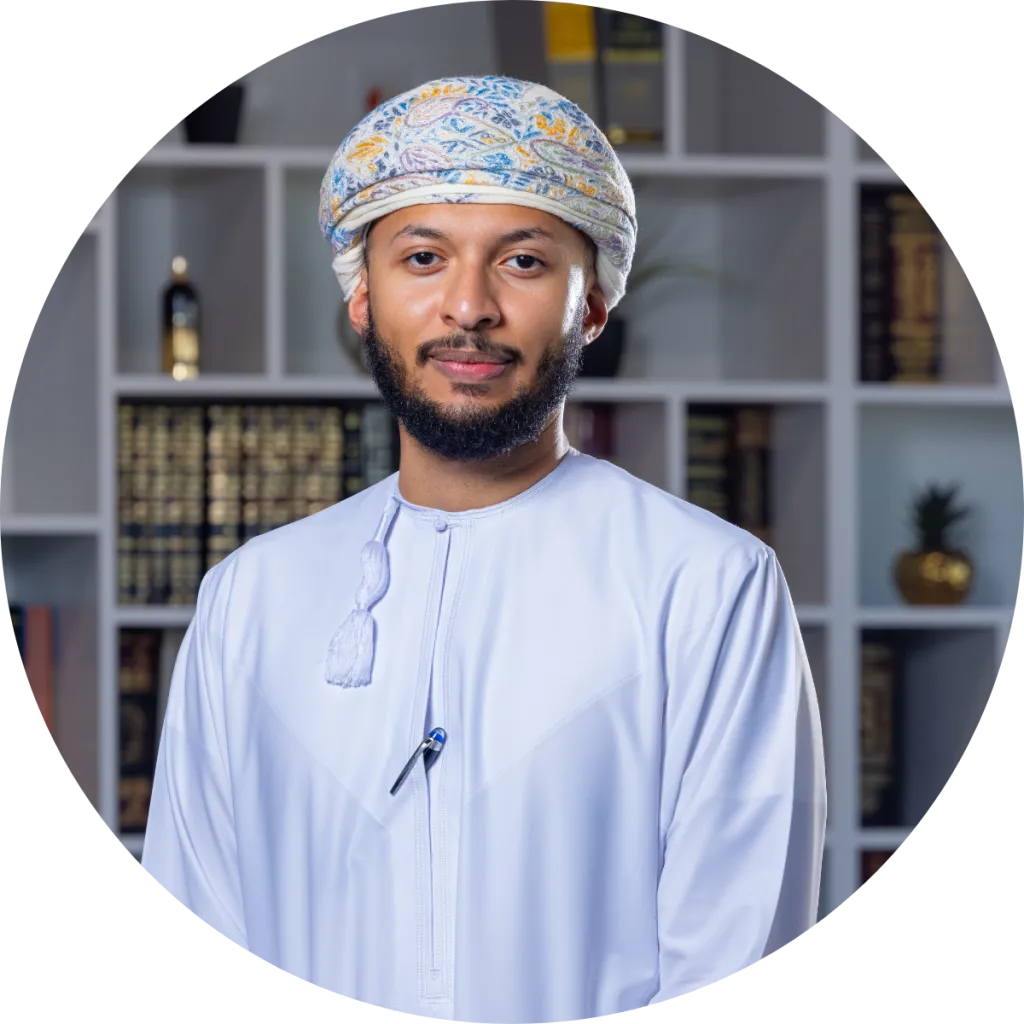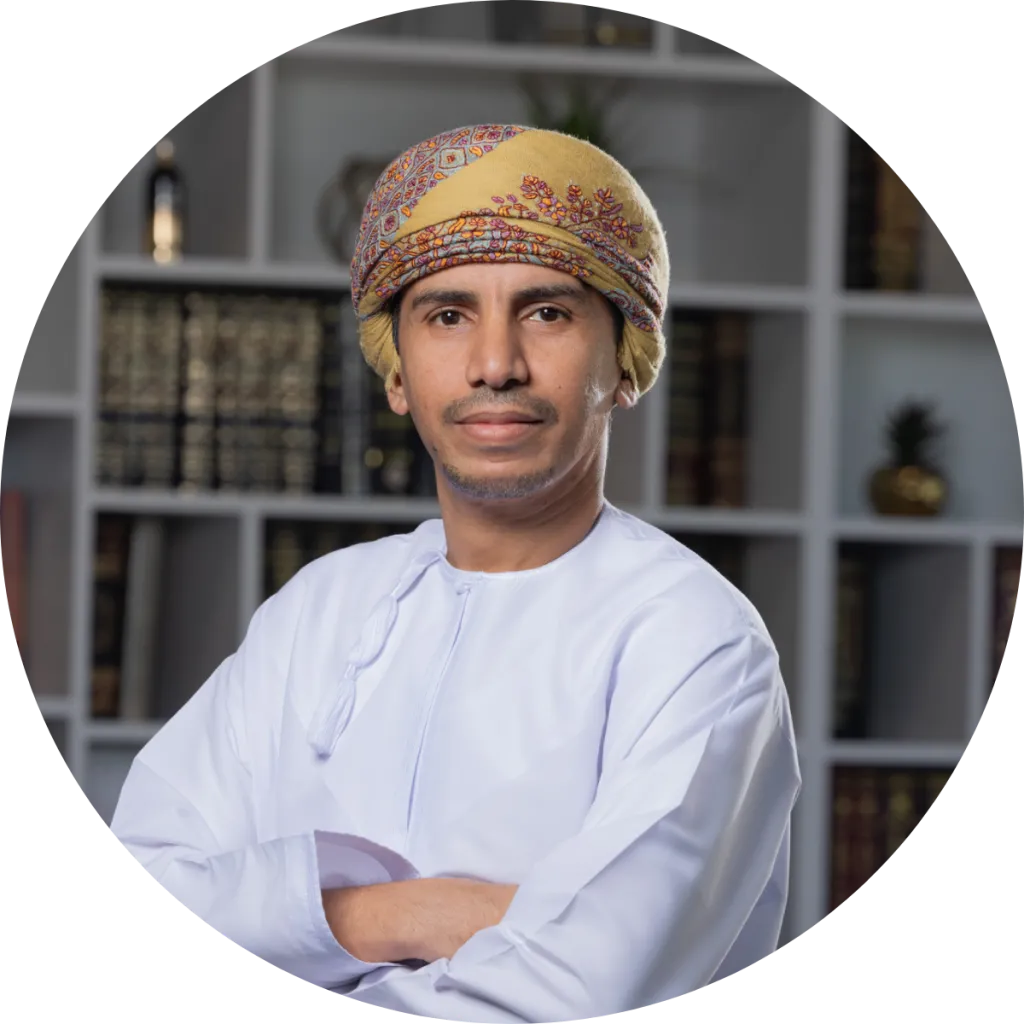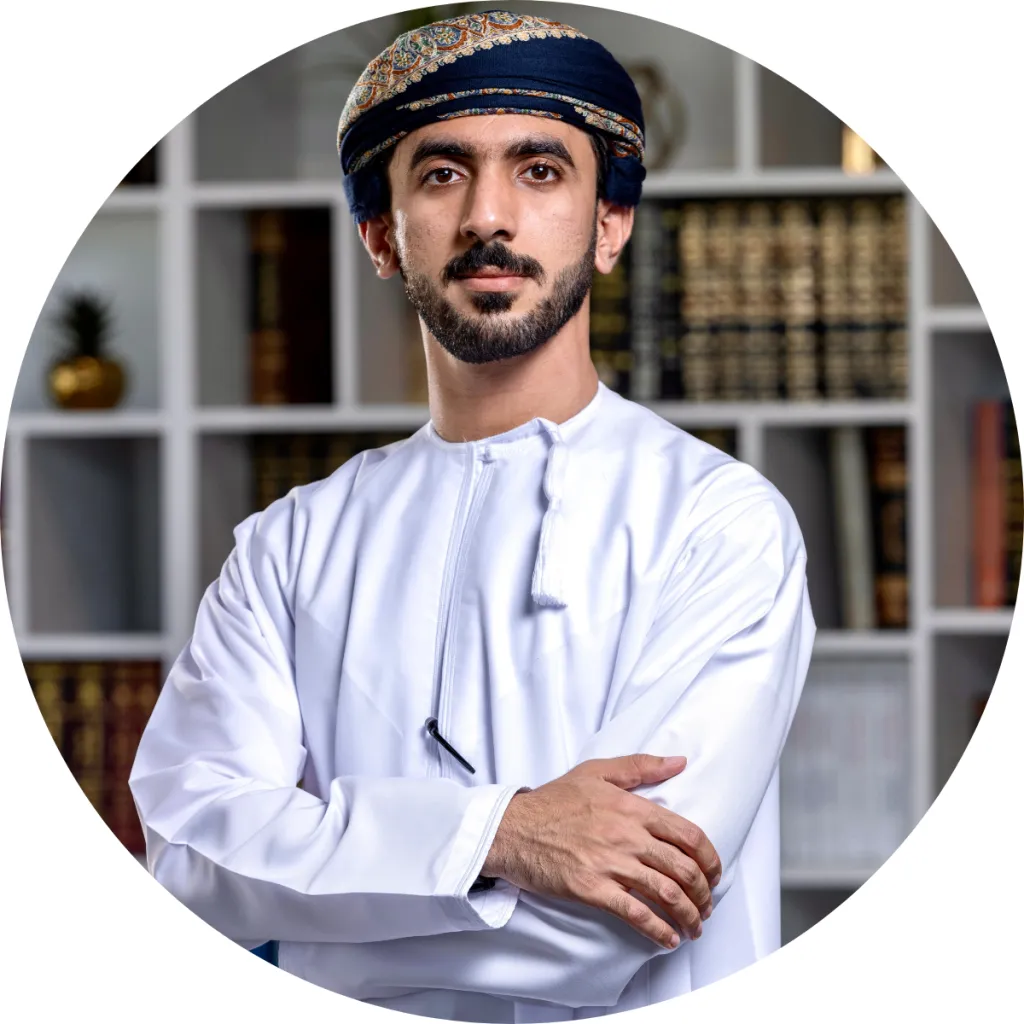In May 2016, Investment Development Oman (IDO) commenced operations as Oman’s first venture capital firm.[1] In October of the same year, Oman Technology Fund (OTF) was founded to invest in pre-seed and seed stage companies in Oman and MENA.[2] Over this period of activity, Omani VC funds have demonstrated a preference to only use convertible instruments for investments in foreign-domiciled companies. This stems from a widespread concern that convertible instruments would be both invalid and unenforceable in Oman. This research note will proceed in five parts. Part II will provide a brief overview of the legality of contracts in Oman and how convertible instruments are valid. Part III will then explain, drawing on the regional experience, why convertible instruments are both valid and well-suited for the local market. Part IV will turn to examine the Omani judiciary and its treatment of convertible debentures. Finally, Part V will conclude by offering some reflections on why arbitration may offer a comfortable dispute resolution avenue to alleviate investor concerns. II Legality of contracts in OmanA fundamental provision in Omani contract jurisprudence is that “Agreements must be kept”[3], meaning that contracts are binding upon their parties and must be performed by them in good faith. This is a principle that is so fundamental to Omani contract jurisprudence that it can be found in hundreds of Supreme Court decisions in the published Collections of Decisions Issued by Oman’s Supreme Court. A 1985 decision of the Commercial Dispute Resolution Authority, a precursor to the commercial division of the Supreme Court, set the first judicial pronouncement of this principle, where the authority ruled that “it is established that the contract is the law of the contracting parties, and it cannot be annulled or modified except by the agreement of both parties or for reasons determined by law. Once the judge interprets the contract and defines its scope, nothing remains except to bind the contracting parties to everything it includes, as long as the contract has been validly binding and formed”.[4]Contracts in Oman are governed by the Civil Transactions Law, promulgated by Royal Decree 29/2013 (the Civil Code). The Civil Code is a comprehensive legislative instrument that governs almost every aspect of commercial transactions between parties in Oman, codifying the principle that the contract is the law of the contracting parties. It is on this basis that the Civil Code stipulates that if a contract is valid and binding, it shall not be permissible for either of the parties to terminate or amend it, save by mutual consent or order of the court. This is the starting premise of this research note. At the most basic level, convertible instruments are legally valid, and there are no provisions in the Civil Code prohibiting them. In fact, Article 118 of the Civil Code explicitly permits contracts with future trigger events, stating that “a future object may be the subject-matter of a contract should it be sufficiently designated and without fraud” [Emphasis Added].[5]The requirement for the future trigger to be “sufficiently designated” is derived from the shariah concepts of ‘Gharar’ and ‘Jahala’. These concepts are explicitly mentioned in the Civil Code. At a very high-level, Gharar can be translated as “risk, uncertainty, or hazard”.[6] It refers to a situation “where the consequences of the transaction are not apparent”.[7] This happens in contracts whose fulfillment is uncertain, because it is contingent on the occurrence of a particular event, or pure chance, or a contract containing some measure of the unknown.[8] This shariah requirement is present in the civil codes of Oman, the UAE, Qatar, Saudi Arabia, Jordan, Iraq, and Sudan.[9] The second category of Gharar is where fulfillment of the contract is certain, but the subject matter of the contract contains a some measure of the unknown. This is known as Jahala.[10] Some legal scholars consider that having a company’s valuation determined at a later priced round to be a form of prohibited Jahala.[11]It follows that GCC Civil Codes (a) permit investment contracts between parties, and (b) the civil codes explicitly permit contracts with a future trigger, (c) so long as the future trigger has a level of clarity, avoiding gharar and jahala. This means that although convertible instruments are permissible in principle, the trigger event and the conversion mechanism must be clear. The practical implementation of this will be demonstrated in Part III of this note. II Regional implementation of convertible instrumentsConvertible instruments such as SAFE Notes, KISS Notes, and conventional convertible instruments, are very commonly used by investors in Saudi Arabia and the United Arab Emirates. Fares Al Rashed, the Founder and Chairman of Oqal Group, suggests that most early-stage, pre-valuation investment rounds in Saudi Arabia are done using convertible instruments.[12] However, Al Rashed observes that most Saudi startups are foreign-domiciled, with holding companies in jurisdictions such as Delaware, the British Virgin Islands, and the Cayman Islands. Though he cautions that the instruments are often misused, Saudi startups do not generally encounter issues with the validity of convertible instruments, given that the instruments are used for offshore companies. James Stull, a Partner in King and Spalding, notes that the issue with conventional instruments such as the SAFE and KISS notes onshore in Saudi Arabia was the inherent uncertainty in relation to the trigger event and conversion mechanism.[13] This uncertainty conflicts with the requirement for the conversion to be “sufficiently designated”, as required for shariah compliance. It was found that conventional, standard-issue SAFE and KISS Notes may contain a degree of uncertainty regarding valuation, trigger events, and conversion mechanism. This uncertainty could be deemed to be prohibited due to Gharar or Jahala. The Notes would otherwise be entirely valid and enforceable, but not shariah-compliant. To remedy this imperfection, Oqal Group, in collaboration with King & Spalding LLP, modified the KISS Note to remove the Gharar and Jahala aspects, adding more clarity on valuation, trigger events, and conversion mechanisms. Instead of having one investment instrument, the KISS was split into two separate contracts: An “Oqal Note” which is an interest-free loan, and a separate “Promise to Issue Shares”. The instrument remains recognizable as a KISS Note but is now shariah-compliant. The Oqal Note has a maturity date and has a pre-set valuation of the next equity financing round to trigger conversion.This is the second conclusion of this research note. Convertible Instruments are permissible, so long as they are structured in a manner that providers both the investors, the founders, and future investors with sufficient clarity regarding the valuation and the conversion mechanisms. This can be achieved by using a structure similar to the Oqal Note. In fact, the authors suggest that it would be a good practice to either use the Oqal Note, or to build on it or modify it. This would help increase the literature and jurisprudence in relation to this type of investment instruments. IV Convertible Instruments in the Omani CourtsThough KISS and SAFE Notes are new entrants to the Omani ecosystem, Omani courts are familiar with convertible debentures and with promises to issue shares. Such instruments have been previously enforced by the Omani judiciary. As a matter of practice, Oman’s banks often provide loans that are convertible to equity, and the Omani judiciary has been known to enforce these agreements. This note seeks to clarify some aspects of Oman’s judicial process. As a matter of civil procedure, in contract disputes, Omani judges act to enforce the will of the contracting parties, as explained in Part I of this research note. It follows that if parties intended to enter into a convertible instrument, the judiciary will strive to uphold this arrangement. In case a dispute arises, the judiciary will act based on the investor’s statement of claim. The investor may either (a) request the specific performance of the contract, or they may (b) request termination and restitution, meaning that the convertible loan be terminated, and the investor restored to their state before the contract was formed or the dispute arose. The judge will not rule that the convertible instrument be terminated if the claimant isn’t seeking it. This is a judicial principle published by the Omani Supreme Court in 2004, stating that “The court is bound by the scope of the dispute in terms of the parties’ requests within it, with consideration for the claimant’s final requests. If the court rules on requests that were not included in the opening statement of the case, and its judgment is made with understanding and insight, then it has ruled on a matter outside the scope of the dispute, and there is no ruling without a request” [Emphasis Added].[14] To the extent possible, Omani judges try to maintain existing relationships between parties. Article 258 of the Civil Code governs specific performance in Omani courts. Where the investor requests the specific performance of the convertible loan, “the debtor shall be compelled to execute his obligations after being served a notice through specific performance if possible”.[15] This is the overarching rule, but the Code provides for one exception. In the case that the specific performance of the contract is “overly oppressive” on the debtor, “the court may, at the request of the debtor, restrict the right of the creditor to acquire pecuniary compensation, provided that he shall not sustain gross damages thereof” [Emphasis Added].[16]This is the third conclusion of this research note. Omani courts are familiar with convertible debentures and will endeavor to enforce them. It follows that specific performance will always be granted by the Omani judiciary, unless (a) the company submits a request to the court that pecuniary compensation in lieu of specific performance be provided, and (b) the court finds that the conversion of the loan to equity would be overly oppressive to the company. In the case of convertible notes, it would be difficult for a company to argue that the conversion of the loan into equity would be overly oppressive or unduly burdensome. As a matter of fact, the conversion will likely be less burdensome than the alternative pecuniary compensation to the investor. V Arbitration as a Forum for Dispute ResolutionLitigation in the Omani courts is not the only avenue for dispute resolution in Oman. In recent years, there has been a notable rise in Alternative Dispute Resolution (ADR), specifically arbitration. As opposed to litigating a dispute in court, the investor and the company may contractually agree to resolve the dispute outside the judiciary courts. The dispute will be referred to an “arbitral tribunal” consisting of one or more arbitrators, who will then issue an “arbitration award” which is legally binding and enforceable in the courts.In 1997, Oman introduced a detailed arbitration statute with the issuance of Royal Decree 47/1997, establishing the Law of Arbitration in Civil and Commercial Disputes. This was later amended by Oman Royal Decree 03/2007. According to this Arbitration Law, Omani courts are required to recognize and enforce any arbitration award. In other words, once a decision is reached through arbitration, Omani Courts will not re-litigate the same issue.Arbitration has become increasingly common both regionally and internationally, with widespread usage in the construction and energy sectors. One of the key advantages of arbitration is that it allows for the dispute to be referred to a specialist arbitrator or a specialist arbitral tribunal. For example, the Silicon Valley Arbitration & Mediation Center (SVAMC) encourages the use of arbitration for the venture capital sector. Many SVAMC members arbitrate technology and business disputes including contract, license, IP, investment, corporate and other commercial issues.[17]An obvious advantage of arbitration for VC disputes in Oman is the ability to select an arbitrator with specialized expertise and a strong background in technology industry law and practice. For disputes involving intricate details about the tech industry and venture capital funding structures, it is worthwhile to refer the dispute to an arbitrator that is familiar with the sector. For matters such as convertible notes, valuations, and startup cap tables, arbitration will likely be a better option both for the investor and for the founders.It is worth noting that arbitration offers a huge degree of flexibility, allowing the parties to construct a dispute resolution pathway that suits their needs. The parties to the contract may choose their arbitrators, the number of arbitrators, the location or seat of the arbitration, the language of the proceedings, and determine the procedural rules that will govern the arbitration process. This means that the investor and the founder may settle on a dispute resolution method that fits the norms of the venture capital industry. For example, the parties may agree for the dispute to be heard in Muscat in English and adjudicated by a sole VC legal expert.VI FindingsIn conclusion, the research note establishes the validity and enforceability of convertible investment instruments in Oman. Firstly, it finds convertible instruments to be valid according to both contract jurisprudence and the Civil Code, which uphold the binding nature of agreements. Secondly, it references regional practices, demonstrating that the instruments are commonly used, though modified for the local context. Thirdly, it cites precedents set by the Omani judiciary in upholding similar instruments. Finally, it highlights the trend towards arbitration in resolving related disputes, underscoring a supportive legal environment for these financial tools in the Sultanate of Oman.[1] Times News Service, “First venture capital firm in Oman starts operation” (9 May 2016) Times of Oman <https://timesofoman.com/article/83304/Business/First-venture-capital-firm-in-Oman-starts-operation>[2] “Oman Technology Fund Overview” Pitchbook <https://pitchbook.com/profiles/investor/228071-17#overview>[3] Often referred to in the Latin expression “Pacta sunt servanda”, or the Arabic expression “العقد شريعة المتعاقدين”.[4] Case No 470, Heard on 08/05/1985, Commercial Dispute Resolution Authority of Oman.[5] Royal Decree 29/2013 Promulgating the Civil Transactions Law, Article 118.[6] Mirghani, Hisham (2021) “The Theory of Gharar (Risk and Uncertainty) in Islamic Law: A Major Cause of Disputes in Construction Contracts” Journal of Sharia and Law: Vol. 2018: No. 75, Article 10, p 78.[7] Ibid, p 80.[8] Ibid, p 80.[9] Ibid, p 78.[10] Ibid, p 81.[11] Al Shamari, Nayef (2021) “Simple Agreements for Future Equity: An Evaluative and Sharia Study” Islamic Culture Journal: Vol 22, No. 1, p [12] Interview with Fares Al Rashed, Founder and Chairman of Oqal Group, and James R Stull, Partner at King and Spalding (Qusai Al Saif, Saudi Venture Capital and Private Equity Association, 10 August 2023).[13] Ibid.[14] Decision No 99, Case No 37/2004, Supreme Court of Oman.[15] Royal Decree 29/2013 Promulgating the Civil Transactions Law, Article 258(1).[16] Ibid, Article 258(2).[17] “US Arbitration” Silicon Valley Arbitration & Mediation Center < https://svamc.org/us-arbitration/>
